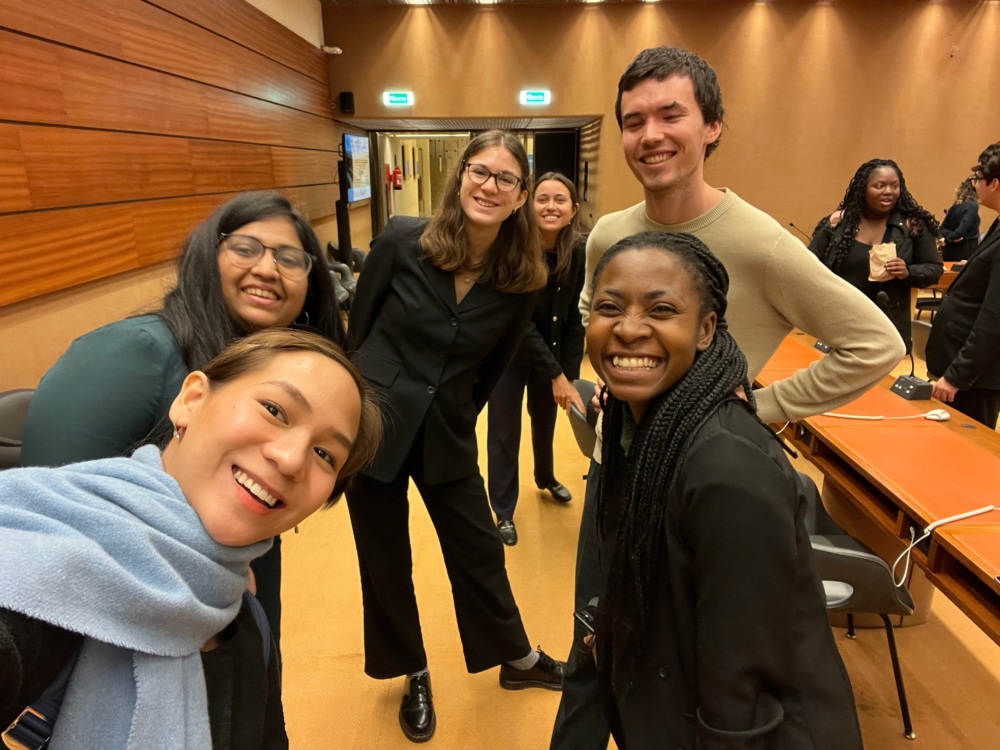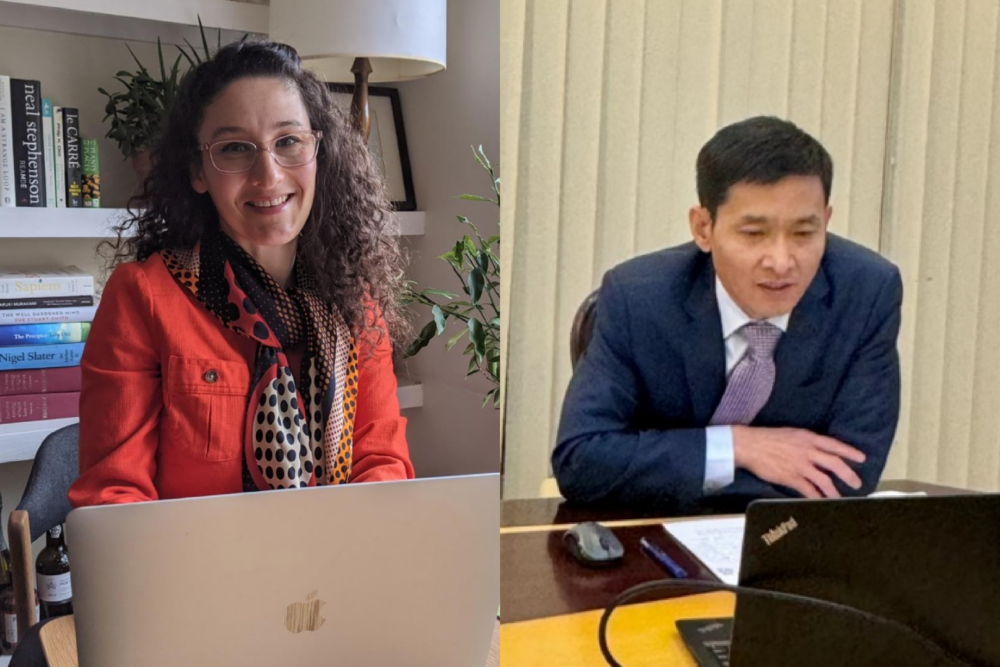
Apply for the 2024 NTI | bio Next Generation Biosecurity Delegation
NTI | bio will bring a 2024 Next Generation Biosecurity Delegation of early-career professionals to the Biological Weapons Convention (BWC) meetings from August 19 – 23.
Following the recent detection of monkeypox cases across multiple countries, NTI’s report on the exercise has appeared in a number social media outlets, noting that the associated fictional scenario featured a monkeypox outbreak with a start date that roughly coincides with the current, ongoing outbreak.
A new NTI | bio report released today on the margins of the Biological Weapons Convention Meeting of States Parties, “Strengthening Global Systems to Prevent and Respond to High-Consequence Biological Threats,” offers actionable recommendations for the international community to bolster prevention and response capabilities for high-consequence biological events.
The report, written by NTI | bio Senior Fellow Dr. Jaime M. Yassif, Dr. Kevin P. O’Prey, and Christopher R. Isaac, summarizes key findings and recommendations from a March 2021 tabletop exercise on high-consequence biological threats, jointly hosted by NTI and the Munich Security Conference. This report, and the exercise that informed it, are the third in a series of collaborations between NTI and the Munich Security Conference—which have focused on reducing global catastrophic biological risks and building stronger systems for pandemic prevention and response.
“NTI recognizes the critical importance of strengthening the global biosecurity and pandemic preparedness architecture,” said NTI Interim Vice President Dr. Margaret A. Hamburg in the report’s foreword. Dr. Hamburg also stressed that, as part of these efforts, “Scientific and political leaders must take bold action to safeguard the global bioscience and biotechnology research and development enterprise to ensure that catastrophic accidents or deliberate misuse do not lead to the next global pandemic.”
The 2021 tabletop exercise included 19 senior leaders and experts from across Africa, the Americas, Asia, and Europe with decades of combined experience in public health, biotechnology industry, international security, and philanthropy. Exercise participants were asked to engage with a fictional scenario that portrayed a deadly, global pandemic involving an unusual strain of monkeypox virus that spread globally over 18 months. Ultimately, the scenario revealed that the initial outbreak had been caused by a terrorist attack using a pathogen engineered in a laboratory with inadequate biosafety and biosecurity provisions and weak oversight. By the end of the exercise, the fictional pandemic resulted in more than three billion cases and 270 million fatalities worldwide.
Discussions during the exercise generated several key findings. Most significantly, exercise participants agreed that, notwithstanding improvements following the global response to COVID-19, the international system of pandemic prevention, detection, analysis, warning, and response is woefully inadequate to address current and anticipated future challenges. Gaps in the international biosecurity and pandemic preparedness architecture are extensive and fundamental, undermining the ability of the international community to prevent and mount effective responses to future biological events.
“The world is unprepared to cope with severe global pandemics, and COVID-19 is a warning shot that has highlighted our shared vulnerability to these events,” said report author NTI | bio Senior Fellow Dr. Jaime Yassif. “While decision-makers are rightly focused on saving lives and fostering economic recovery, now is also the time to strengthen our capabilities to prevent and respond to future high-consequence biological events, which could match the impact of COVID-19 or cause damage that is significantly more severe.”
The report authors developed a set of concrete recommendations for the international community based on the key findings from the exercise discussion. The recommendations include:
More details about the exercise findings and report recommendations can be found in the full report.
To learn more about previous NTI | bio tabletop exercises, see the 2020 report, “Preventing Global Catastrophic Biological Risks,” and the 2019 report, “A Spreading Plague.”
Sign up for our newsletter to get the latest on nuclear and biological threats.
NTI | bio will bring a 2024 Next Generation Biosecurity Delegation of early-career professionals to the Biological Weapons Convention (BWC) meetings from August 19 – 23.
NTI | bio convened more than 25 high-level biosecurity professionals, AI experts, and policymakers for the inaugural meeting of the International AI-Bio Forum.
The China Arms Control and Disarmament Association and NTI jointly convened a virtual Track II Dialogue, a forum to promote mutual understanding among Chinese and U.S. experts about urgent and emerging biosafety and biosecurity risks.


